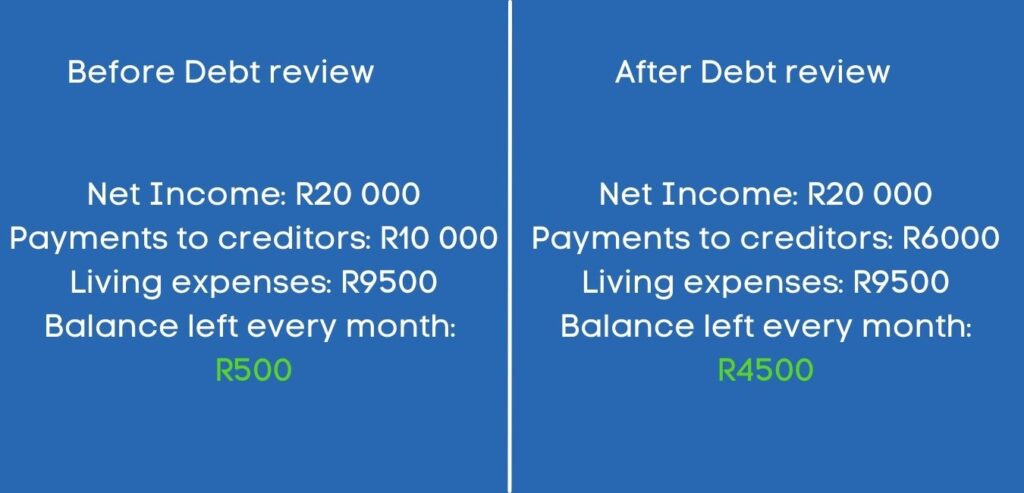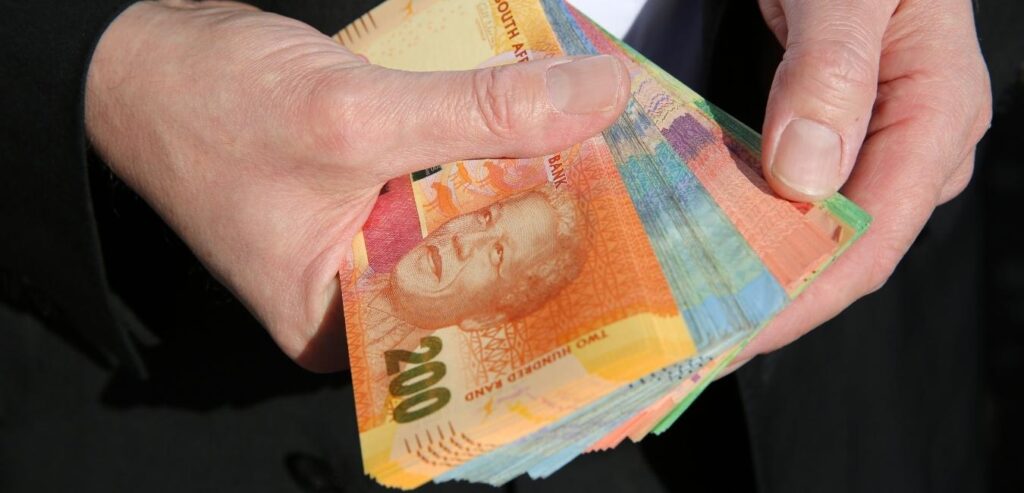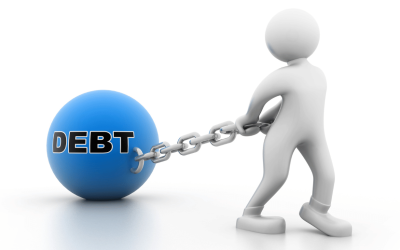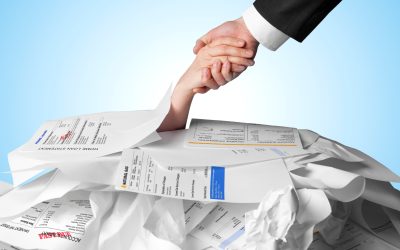Unlock immediate cash relief
South Africans are poorer now than they were a few years ago. The covid pandemic, high cost of living and poor economic growth is affecting all South African’s pockets.
To back this statement, have a look at all these articles that were released in November:
https://businesstech.co.za/news/finance/537934/south-africas-middle-class-is-in-big-trouble/
The information is based on data which does not lie. It’s the fact and if we look at our own finances, we can see the reality. For example, for the first time ever we paid R80 for 7kg potatoes. 2-3 months ago, the same potatoes cost us R50. This is one item so you can imagine the total impact our economy has on our finances.
Money problems for people that don’t qualify for a loan
I’ve been speaking to our clients that did not qualify for finance to see how we could assist them. People are looking for loans to pay shortfalls on bills, fix cars, pay school fees, and cover emergencies. When their loan is rejected, they are still left with their problem. They need more money to be able to solve their urgent financial woes.
South Africans have a culture of turning to friends and family for money
When finance is declined the first natural step for many South Africans is to turn to friends and family for help. This is not beneficial at all so let me explain why?
Friends and family have an emotional connection with us, so they are willing to help. In most cases they don’t ask anything about your financial position or ability to repay the money. They just lend it to you based on trust. And this is where the bad debt cycle starts.
You take on a loan that you can’t really afford, and you must pay it back as soon as possible to save the relationship. It’s one thing owing someone you don’t know (a bank or creditor) money. But when it’s someone in your close circle, the financial pressure intensifies. There is so much more at stake than a simple business transaction. You know if you don’t repay them, you risk arguments or even parting ways. Once money tarnishes a relationship it’s never the same, the trust is broken.
We have had clients beg us for help and there is nothing we can do because their debt is with friends and family. Once client was even paying most of his salary away every month, so he had to keep borrowing to survive. This is the debt trap cycle that happens.
When you borrow from friends and family, they are considered unregulated lenders. They are not registered with the NCR or even a registered business. They lend without doing the important financial checks. This can leave you in a worse financial position as you have seen from the example where the client must keep borrowing to make it.
Fortunately, you chose to read this article and discover a way that you can unlock more money. This is possible without taking out a loan or turning to friends and family.
Unlock cash from your existing credit agreements
As a South African you have the right to negotiate your monthly repayments with creditors. Your creditors are business corporations that make a profit from lending you money. They have the deep pockets and the means to carry you when you fall on tough times. That is why they charge interest. It’s their security for the risk of not getting their money back.
Instead of battling monthly because you are paying your creditors in full. You can consolidate all your accounts into one affordable payment and ask your creditors for help. They won’t lend you more money at this stage, but they will do what they can to make it easier for you.
Let’s look at a case study.
Jane earns R20 000 per month but after paying most bills and essential expenses she only has R500 left. She has health complications and needs R5000 for a copayment for her medical aid. She tries for a loan but unfortunately the R500 is not enough disposable income to qualify for a new loan. Due to the increase in electricity, petrol, and food prices she has also already fallen behind on her credit card payments. She asks her friend for money, but she can only lend it to her if she pays it back over 2 months. This would mean that Jane would have to stop paying more creditor accounts. She is worried that falling more behind will pile on additional costs on her debt which will impact her recovery. She also does not want to let her friend down because she values her friendship so much.
Jane finds out about debt restructuring and takes an assessment. Before the assessment she must pay R10 000 per month to her creditors. The remaining R10 000 must cover rent, medical aid, insurance, food, and other expenses like school fees. After the assessment the professional debt adviser offered Jane a new payment of R6000. So now after paying her living expenses and ALL her debt she would have R4500 left of her salary every month.

Jane sees the value and signs up for Debt review.
Jane can now use a portion of the extra money to save in her emergency fund. She didn’t have to ask her friend for the money, so her relationship remains strong and there is no added financial pressure. Over 12 months, she was able to unlock R48000 that would have been paid to her creditors and put it back into her pocket.
While under the program Jane does not have access to further credit. She understands that by asking her creditors for help, it will prevent her from applying for further credit. She is not bothered because she knew she wasn’t able to qualify for more credit anyway. Her loan was already rejected. At least now she puts away at least R2500 per month in an emergency fund. So, whenever she needs money, she uses her savings which is interest free.
Jane is in a far better position now than she was with credit. When she had her cards, she would pay one, draw the money out to pay the other. She acknowledged now that all she was doing was living off credit and digging a huge financial hole for herself.
In her life now, cash is king, and she enjoys not paying up to 24% extra for what she purchases. She was able to save the money for her scan co-payment in 2 months. Life is less stressful, and she is happy with the choice she made to sign up for debt review.
In our case study we showed you how it’s possible to achieve immediate cash relief and other benefits. Debt restructuring programs help those who need to find a balance and want to get out of debt.
Start with planning your budget
The best way to see if you need debt restructuring is to start with your budget planning.
Often, we think we are ok until we look at the figures in black and white. There are often small bills we forget about that leave us with not much money left for the month.
By working out your budget you can see all the expenses you spend on. It can help you identify ways that you can cut down on spending. And if you have already cut down on spending and you are still not making it, it may be time to ask for help like Jane did.
We’ve created a budget planning tool to help you get started with your planning. It includes all the expenses that you are likely to have every month.
Simply input your income and expenses to see how much money you have left every month. Once you are finished you can email yourself a copy, so you have something to work on.
You can find the budget planner here: https://thebudgetplanner.co.za/
Thanks again for reading my article. If you have any questions, you are welcome to email me at judy@premierdebt.co.za or contact us on 021 780 1046.
Best regards
Judy Hayes
Co-founder of the Premier Debt Network



